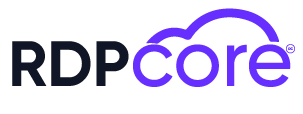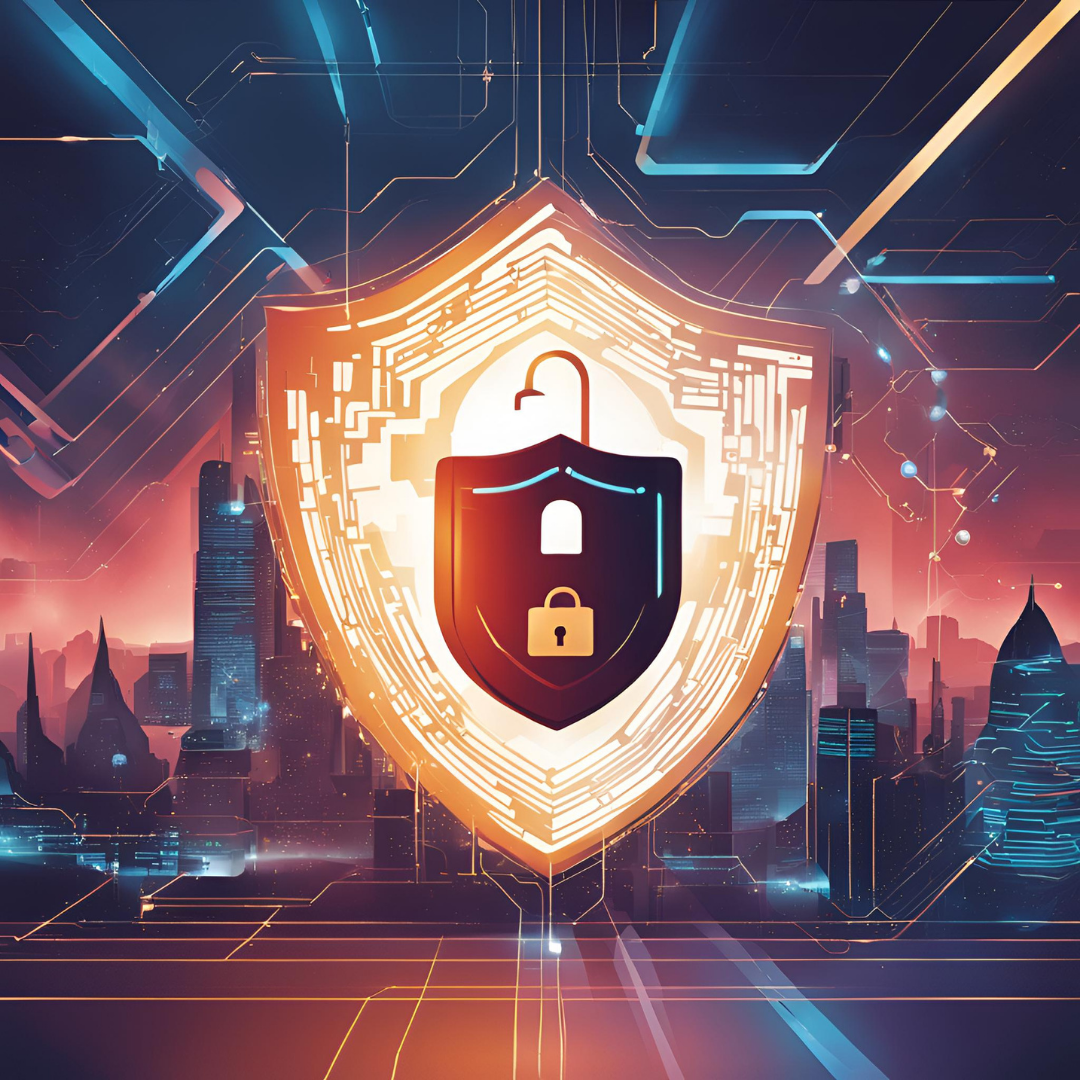In today's digital landscape, the connection between cybersecurity and privacy has become increasingly vital. As we rely more on technology for daily activities, safeguarding personal information from cyber threats is paramount. Effective cybersecurity measures not only protect sensitive data but also bolster individuals' privacy rights. By understanding how these two elements intertwine, individuals and businesses can take proactive steps to enhance their digital safety. This exploration sheds light on why privacy protection is essential in the digital age and how it aligns with robust cybersecurity practices.
Understanding Cybersecurity Measures for Privacy Protection
In today's digital landscape, Cybersecurity and Privacy are intrinsically linked. As individuals and organizations navigate an increasing array of online threats, employing robust cybersecurity measures is essential for safeguarding personal information.
Key cybersecurity measures include:
- Firewalls: These act as a barrier between trusted internal networks and untrusted external networks, helping to prevent unauthorized access.
- Encryption: This process transforms data into a secure format, making it unreadable to unauthorized users. For instance, sensitive information like credit card details is often encrypted during online transactions.
- Access Controls: Limiting access to sensitive information ensures that only authorized personnel can view or manipulate data. This may involve role-based access controls or two-factor authentication.
- Regular Software Updates: Keeping software and systems updated protects against vulnerabilities that hackers may exploit. This practice is vital in maintaining strong Cybersecurity and Privacy defenses.
- Threat Detection Systems: These tools continuously monitor and analyze user behavior to detect anomalies and potential breaches promptly.
| Measure | Purpose |
|---|---|
| Firewalls | Block unauthorized access |
| Encryption | Protect data confidentiality |
| Access Controls | Limit information exposure |
| Regular Software Updates | Patch vulnerabilities |
| Threat Detection Systems | Identify and respond to security threats |
Incorporating these measures not only protects against data breaches but also fosters trust among users, affirming that their privacy is a priority. By understanding and implementing these cybersecurity measures, individuals and organizations can enhance their Cybersecurity and Privacy posture significantly.
The Importance of Privacy in the Digital Age
In today's interconnected world, privacy has emerged as a critical concern for individuals and organizations alike. As we navigate through digital landscapes, maintaining our personal information secure is essential. Here are some key points highlighting the importance of privacy in the digital age:
- Data Protection: Unauthorized access to personal data can lead to identity theft, financial fraud, and reputational damage. Strong privacy measures mitigate these risks, ensuring that sensitive information stays safe.
- Trust and Loyalty: Consumers increasingly value transparency and data protection. Companies that prioritize privacy foster trust, which can enhance customer loyalty and satisfaction.
- Legal Compliance: Various regulations, such as GDPR and CCPA, emphasize the necessity of protecting users' privacy. Non-compliance can result in severe penalties, impacting an organization’s financial stability and credibility.
- Social Autonomy: Privacy allows individuals to express themselves freely without the fear of surveillance or judgement. This autonomy is vital for a democratic society that respects personal freedoms.
In summary, the intertwining of Cybersecurity and Privacy forms the bedrock of a safe online environment. By establishing robust privacy frameworks, we protect personal data, build trust, comply with regulations, and nurture social autonomy—all crucial for thriving in the digital age.



.png)
.png)